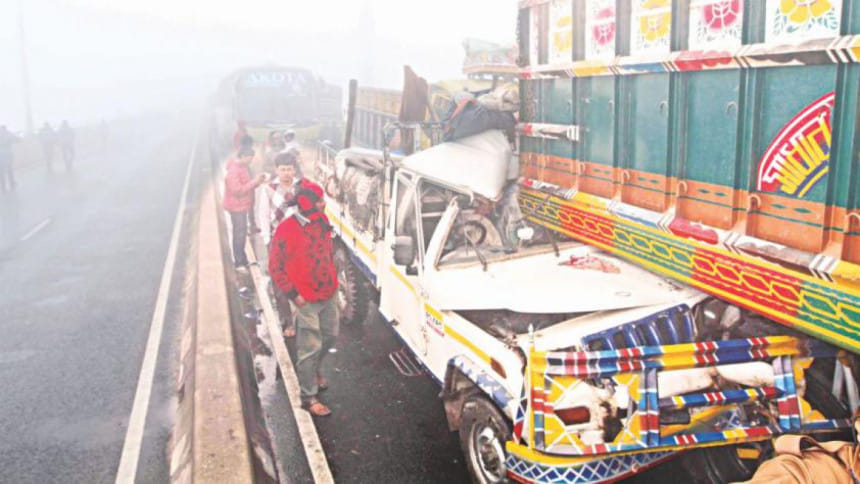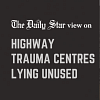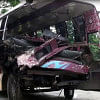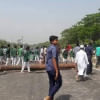Highway speed limit 50 in foggy weather

To prevent road crashes, the government has lowered the speed limit to 50kmph on highways during foggy weather, despite the fact that similar decisions on road safety remain unimplemented for years.
The National Road Safety Council (NRSC), headed by Road Transport and Bridges Minister Obaidul Quader, took the decision in its 24th meeting at the ministry yesterday.
The meeting, however, did not elaborate how it would be executed.
As usual, the council only decided that all concerned -- police, transport owners and workers, mobile courts and the ministry -- will jointly implement the new decision.
Apparently, there was no coordination among them when it came to the execution of similar moves in the recent past, leading to frequent road accidents. Most of the decisions were only on paper.
The previous move came in August last year. In its 23rd meeting, the NRSC decided that speed limiters would be installed in all modes of transports on highways to cap their speeds to 80kmph.
After yesterday's meeting, some members of the council, the apex policy-making body to ensure road safety, told The Daily Star that speed limiters could not be installed in vehicles as they could not figure out how it could be implemented and by whom.
Government officials concerned and technical experts were also in trouble as they could not find any way to install speed limiters that would work in all vehicles.
In the previous NRSC meeting, the council had decided to strengthen drives to stop operation of three-wheeler auto-rickshaws, auto-tempos and other slow and unfit vehicles on 22 national highways. But these vehicles are still plying those highways.
The meeting also decided to establish 20 bus-bays in the capital to stop haphazard stopping of buses. The bus-bays are yet to be set up.
In that meeting, it was also decided that drivers would not be allowed to work more than eight hours a day. But every day, almost all the long-route drivers work for around 12 to 16 hours continuously without rest.
The body had also decided to revive traffic signal system in the capital. But almost the entire city traffic is still controlled by traffic police with hand signals.
The NRSC President and Road Transport and Bridges Minister Obaidul Quader and other government officials concerned in different meeting and programmes had announced to go tough on unfit vehicles.
But a statistics of Bangladesh Passengers Welfare Association claimed that around 3 lakh unfit vehicles are still plying the roads.
Besides, discussions on removing hawkers from the capital's footpaths and temporary shops and kitchen markets beside highways have been going on for years.
Under such circumstances, the council came up with the new decision for ensuring road safety yesterday.
Its other decisions include reviving district level road safety council, forming a 15-member committee to prevent sexual harassment on female passengers and building awareness among drivers.
While briefing reporters, Obaidul Quader said the draft of Road Transport Act would be placed in parliament's upcoming winter session.
The project to turn the Dhaka-Chittagong Highway into a dual carriageway would be completed by May, the minister said.
Shipping Minister Shajahan Khan, Dhaka South City Corporation Mayor Sayeed Khokon and representatives from transport owners and workers association, police and senior government officials were present at the meeting yesterday.

 For all latest news, follow The Daily Star's Google News channel.
For all latest news, follow The Daily Star's Google News channel. 








Comments